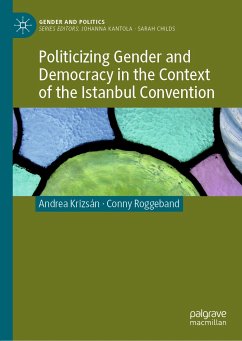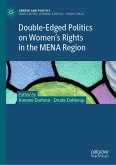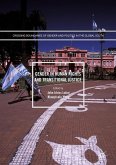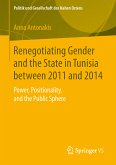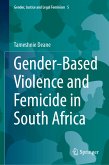--Mary Hawkesworth, Rutgers University
This incisive analysis of the politics of violence against women in Central and Eastern Europe highlights how some determined governments are blocking or reversing important gains on the international legal front through concerted political and civic action. A cautionary story with important implications for the broader fight to advance women's rights globally.
--Thomas Carothers, Carnegie Endowment for International Peace
This important study compares and challenges Central and Eastern European pushback movements against the Istanbul Convention. The Convention for the first time provides legally binding definitions of "gender" and "gender-based violence against women", misinterpreted by conservative forces opposing this progressive international instrument. This book shows how positive instruments like the Istanbul Convention can be judged as problematic and that much more is needed to make gender equality a reality.
--Dubravka simonovic, Special Rapporteur on Violence against Women, its Causes and Consequences
This book examines opposition to the Council of Europe's Istanbul Convention and its consequences for the politics of violence against women in four countries of Central and Eastern Europe. Krizsán and Roggeband discuss why and how successful anti-gender mobilizations managed to obstruct ratification of the Convention or push for withdrawal from it. They show how resistance to the Convention significantly redraws debates on violence against women and has consequences for policies, women's rights advocacy and gender-equal democracy.
Andrea Krizsán is a professor at the Central European University, Austria.
Conny Roggeband is an associate professor of political science at the University of Amsterdam, Netherlands.
Dieser Download kann aus rechtlichen Gründen nur mit Rechnungsadresse in A, B, BG, CY, CZ, D, DK, EW, E, FIN, F, GR, HR, H, IRL, I, LT, L, LR, M, NL, PL, P, R, S, SLO, SK ausgeliefert werden.
"The book by Andrea Krizsán and Conny Roggeband makes an invaluable contribution ... . Politicizing Gender and Democracy in the Context of the Istanbul Convention is an example of excellent analysis of a contemporary phenomenon of anti-gender mobilization. It is stimulating and provocative and will undoubtedly become the starting point for scholars interested in civil society in all its forms." (Galina A. Nelaeva and Elena A. Khabarova, Affilia, March 7, 2022)
"The book makes an important contribution to research on political mobilisation against gender equality, as well as on the efforts of feminist movements to elevate combatting violence against women on the political agenda. ... this book is therefore essential reading for scholars and activists in the fields of political science, gender studies, and pubic and global health." (Lynda Gilby, Intersections, East European Journal of Society and Politics, Vol. 7 (4), 2021)

